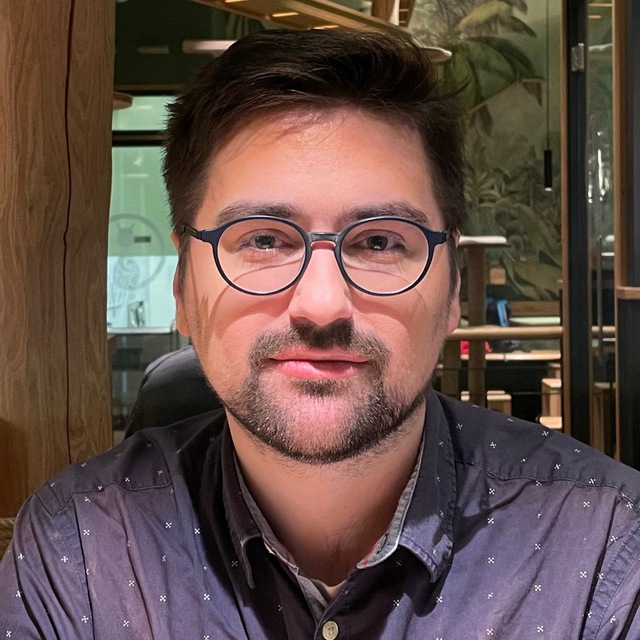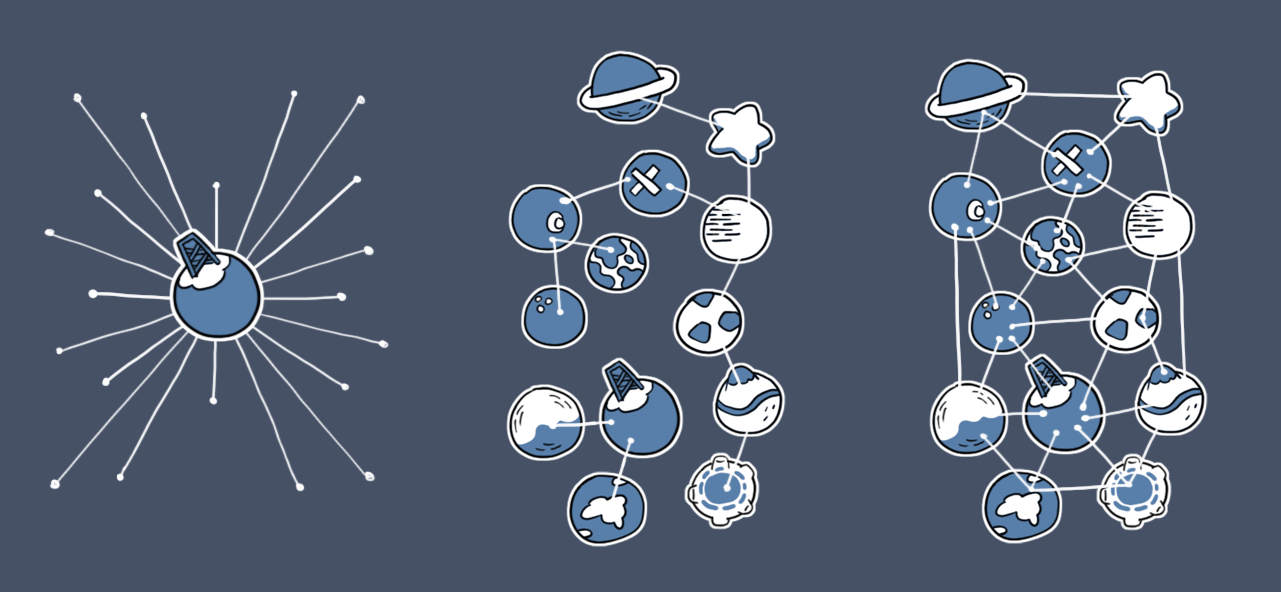
Introducing the Mastodon Server Covenant
To provide a safer experience to new Mastodon users, we are changing the joinmastodon.org server picker

Eugen Rochko
Strategy & Product Advisor, Founder

Improving support for adult content on Mastodon
Using the Blurhash algorithm in Mastodon 2.8.1 to generate prettier previews for sensitive media

Eugen Rochko
Strategy & Product Advisor, Founder

Mastodon 2.8
In this release: Polls, new tools for managing followers, new frontpage design, new admin features, Keybase integration, and more

Eugen Rochko
Strategy & Product Advisor, Founder
Mastodon now available on DigitalOcean
We have published a 1-click install image on DigitalOcean. This reduces the initial time investment in self-hosting Mastodon substantially. You create a new droplet, choose the Mastodon image, and once it boots up, you are taken through an interactive setup prompt. The only necessary information for the prompt is a domain name (it should already be pointing at the IP address of your droplet!) and credentials to some e-mail delivery service, like SparkPost, Mailgun, Sendgrid, or something similar. Once you enter them into the setup prompt, your brand new Mastodon server boots up, ready to go.

Eugen Rochko
Strategy & Product Advisor, Founder
The role of mastodon.social in the Mastodon ecosystem
Can you imagine Facebook closing registrations and saying “Sorry, we have too many users already, you can go sign up on Twitter instead”? And yet, this sort of situation comes up with Mastodon every so often, in regards to the mastodon.social server. You see, Mastodon is decentralized. That means there is no “main” server. If mastodon.social actually disappeared from the face of the Earth, it would not bring down the Mastodon network at all. But it is one of the biggest servers, meaning that if you look at the registered userbase, it is “effectively centralized”. 300,000 is not a small chunk of 2,000,000, after all.

Eugen Rochko
Strategy & Product Advisor, Founder

Mastodon 2.7
In this release: New profile directory, new tutorial, new public hashtag pages and more moderation tools

Eugen Rochko
Strategy & Product Advisor, Founder

Why does decentralization matter?
Reasons why you should care about how your social network is run and structured

Eugen Rochko
Strategy & Product Advisor, Founder
Top 30 most shared Mastodon posts in 2018
Inspired by a joke post I decided to go ahead and compile a list of the most shared things on Mastodon in 2018.

Eugen Rochko
Strategy & Product Advisor, Founder
From Tumblr to Mastodon
A lot of artists have lost their blogs in the Tumblr purge. Here are 5 reasons why Mastodon is the perfect alternative.

Eugen Rochko
Strategy & Product Advisor, Founder